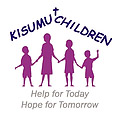There has been a very interesting development in Kenyan policy for education which appears to have been finalised this month that the government will now procure all school books needed by learners itself so as to put an end to private businesses profiting hugely from the education sector. The Kenyan government believes that businesses have been holding the education sector hostage by overcharging for school materials, knowing that schools and parents must purchase them in order that the children can attend school and learn. Businesses can then set the price they choose and schools and families must pay!
Procuring the books directly means that the government will need to invest Sh7.5 billion which will be a significant reduction in cost from Sh21.4 billion that it is currently costing the sector, thus saving taxpayers Sh13.8 billion. The education secretary, Fred Matiang’i, said that outright theft and corruption in distribution of books cannot be allowed to continue.
Due to high costs, schools have been failing to procure books in order to have a 1:1 ratio of books to students. Whilst on a visit to a school in the Eastern region, Dr Matiang’i had come across 46 students who were using two chemistry books in a class. This is not uncommon.
Not only will this approach save money directly but it will also save the precious time of teachers. Teachers’ work is teaching, not procuring books, he said.
Cartels dealt a huge blow as government plans to issue books to secondary schools
For secondary schools, the “Orange Book” (a list of approved titles for schools) was last revised in 2003 and has a list of six different book titles for each subject. Dr Matiang’i said the six books per subject are not benefiting students but those in the publishing business and the education cabinet have set about reducing this to one course book needed per subject.
Dr Matiang’i announced that schools will no longer receive capitation funds for purchasing books once free secondary education programme is rolled out next month. The government has accused some headteachers of setting up financial deals with publishers to clear the path for their books to be used in the school. Forged signatures, delivery of phantom books, overpricing and single-sourcing of suppliers by instructional materials selection committees at the school level are all practices discovered.
The six books covering Maths, Kiswahili, English, Chemistry, Physics, and Biology will be distributed by the State and will bear the government’s court of arms on the front cover.













